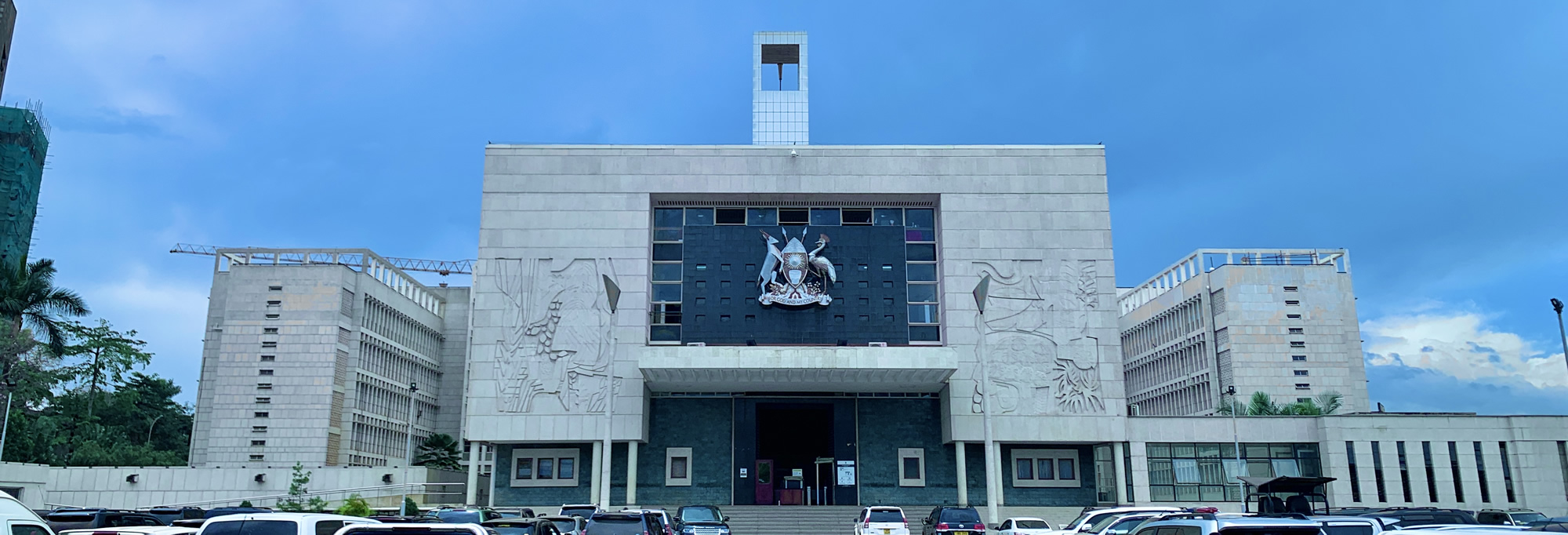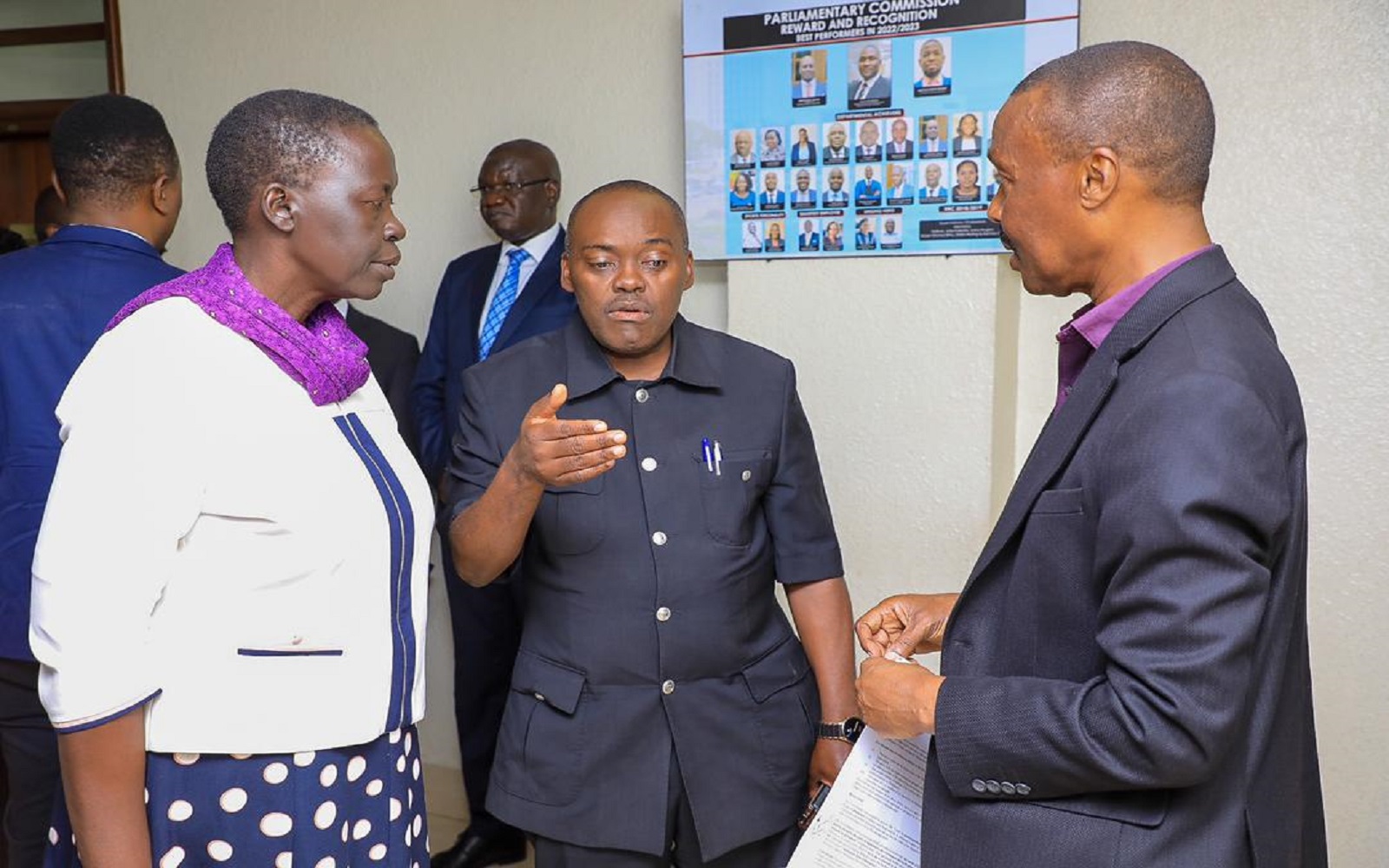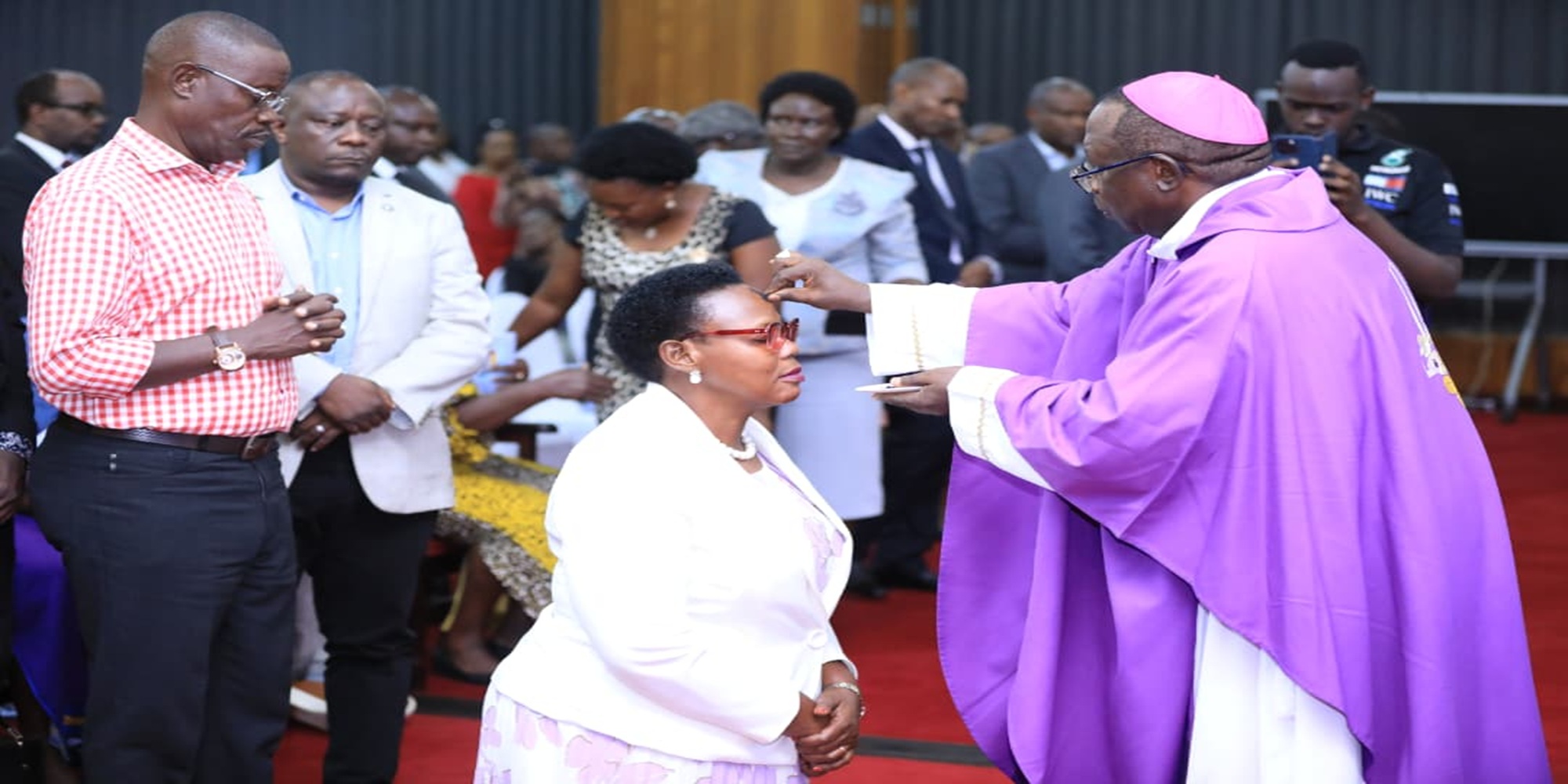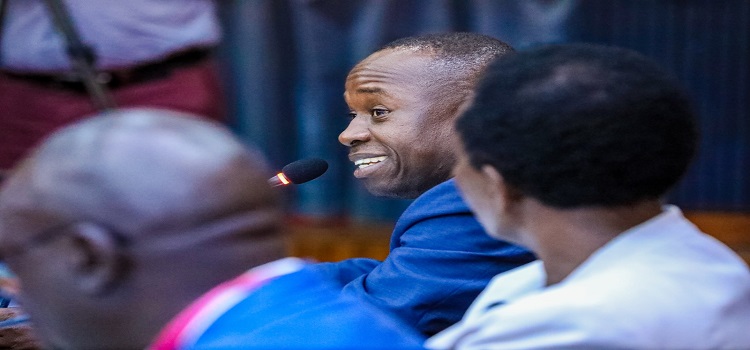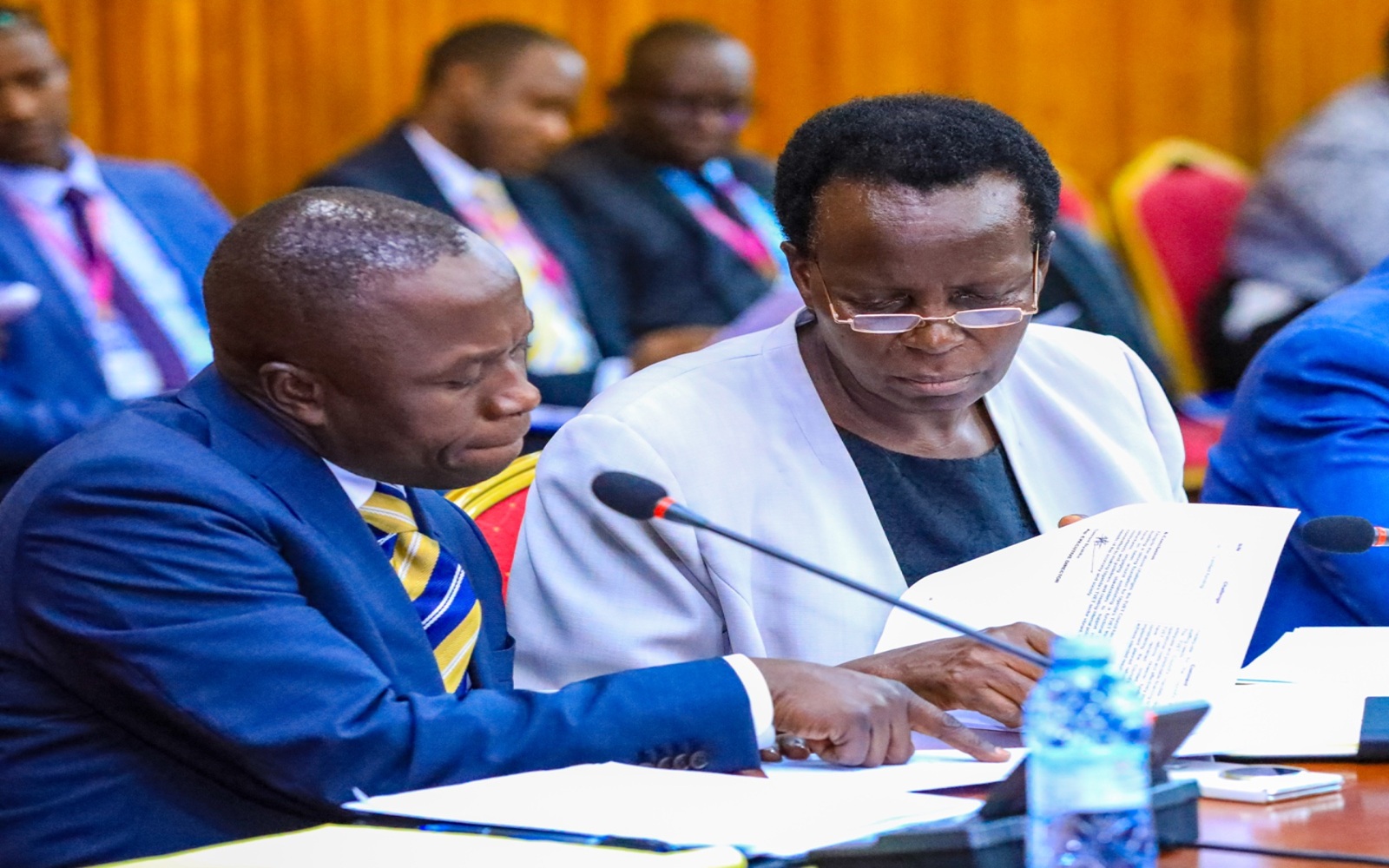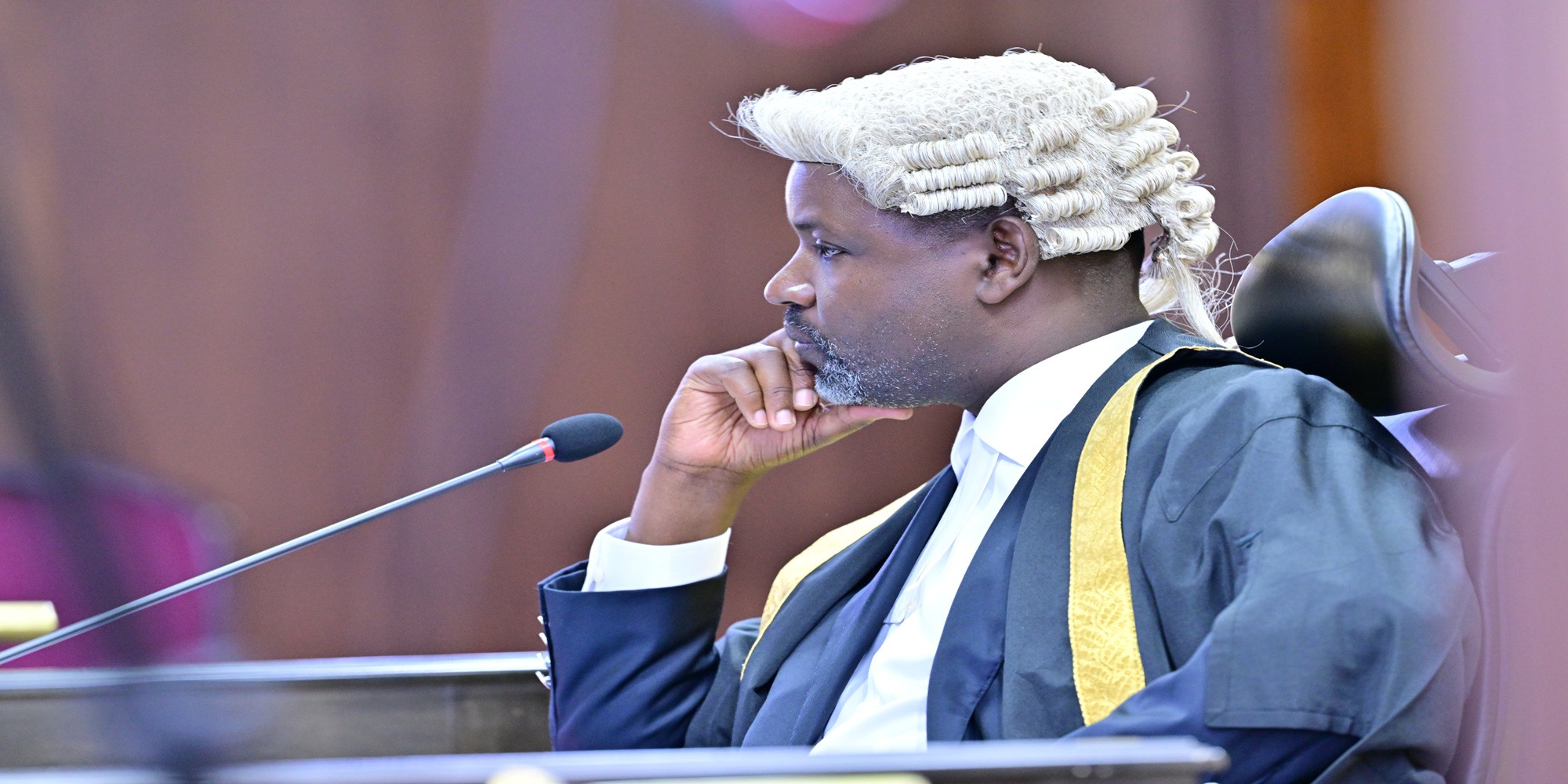Opposition political parties have rejected proposals in the Administration of Parliament (Amendment) Bill, 2024 that was moved by Mityana South County Member of Parliament, Hon. Richard Lumu.
The Bill seeks to among others, provide for the election of the Leader of the Opposition (LoP) and other positions reserved for the Opposition in Parliament.
The Forum for Democratic Change (FDC), Uganda Peoples’ Congress (UPC) and the Alliance of National Transformation (ANT) argued that the Bill is in bad faith, undermines multi-party democracy and seeks to destroy the opposition.
The three parties presented their proposals to the Committee on Legal and Parliamentary Affairs on Thursday, 10 October 2024.
The President of ANT, Maj. Gen. Gregory Mugisha Muntu, who appeared before the committee said the Bill should not be passed.
“It is a recipe for disaster; when you elect the LoP different from the one preferred by the leading party in the Opposition, you are creating two power centres and weakening the party,” he said.

Muntu argued that by passing the law, Parliament will have interfered in fixing internal issues of political parties proposing that parties should be left to apply their manifestos, constitutions and other internal arrangements and select their leaders.
“If there are any internal challenges within National Unity Platform, it should be left to deal with those internal contradictions as long as it is applying methods consistent to good governance.
The environment is not even ripe for political parties to thrive, we should be very careful with this law,” he said.
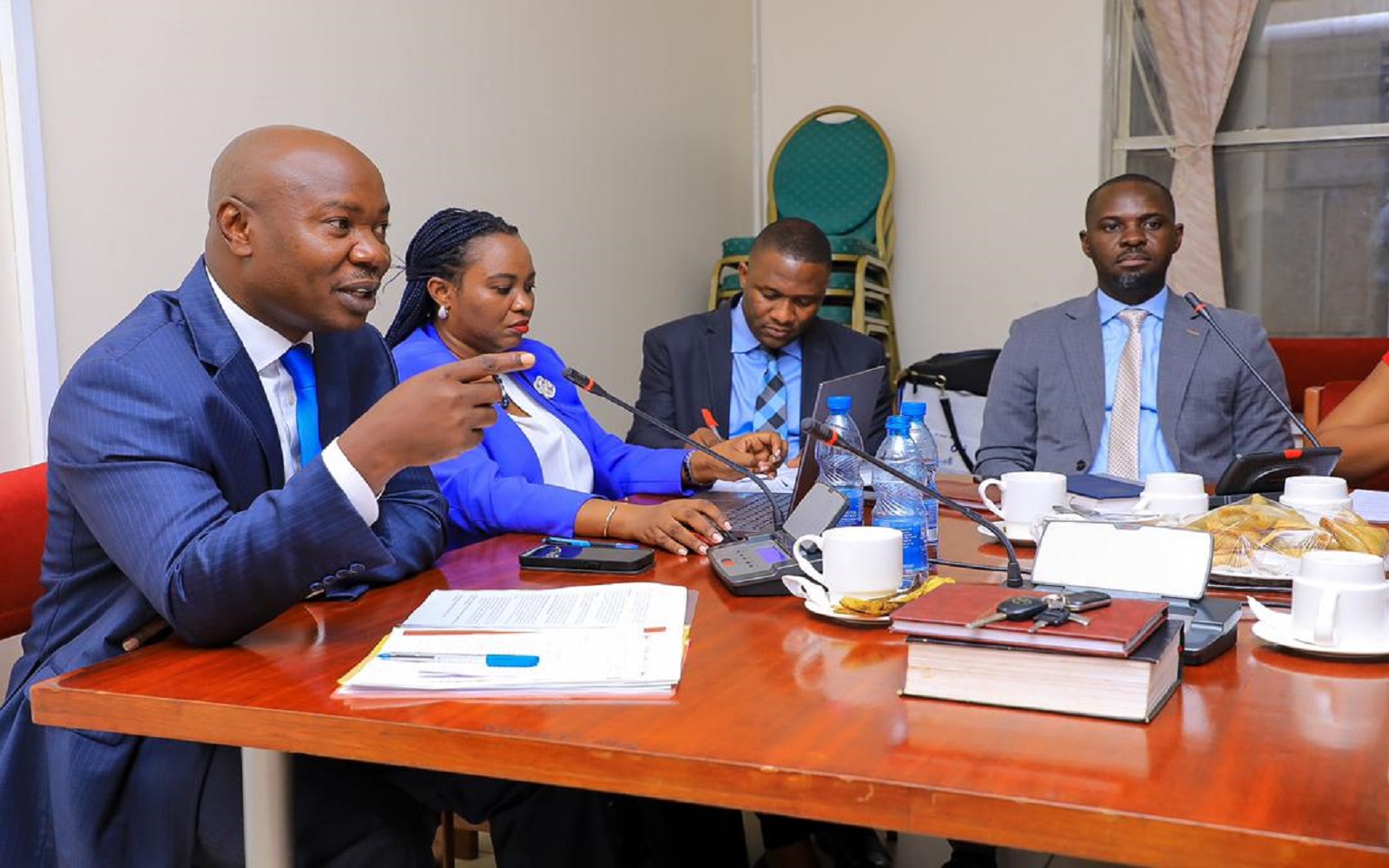
The President of the FDC party, Hon. Patrick Amuriat, decried the already shrinking civic space for the Opposition in exercising their fundamental rights and stated that the Bill will worsen the situation.
“The Bill is seen as part of a broader attempt by government to stifle political participation. The more you reduce the already little space for the Opposition to thrive, you are pushing them to look at alternatives. This is dangerous for both democracy and the stability of the country,” Amuriat said.
FDC contested the Bill which Amuriat said goes against the well-known and time tested best practices of good governance of the Commonwealth.
“Our contestation is on why we want to depart from the known norms practiced everywhere in the Commonwealth. As FDC, this makes us suspicious,” Amuriat said.
The UPC Secretary General, Fred Ebil, said the Bill is a distraction at a time when the country should be discussing electoral reforms and the 2026 general elections.
“In his Bill, Lumu thinks there will be cohesion within the Opposition but in UPC, we believe it will be more divided as those who will lose in the race will go to court. For the sake of the multi-party system, we should let the appointment of the LoP remain as it is,” said Ebil adding that, ‘the Bill was brought in bad faith, it is redundant, it undermines multi-party democracy and destroys the Opposition as it causes division’.
The UPC Party Whip, Hon. Sandra Alum, said the political party with the highest numerical strength should be left to choose the LoP.
“We want to respect the party with the numerical strength to select the LoP. We feel that if you allow an election by all Opposition MPS with several contestants it will create chaos and division This is not what we want in the opposition,” Santa said.
Bukooli County MP, Hon. Solomon Silwany, reiterated that there are Opposition MPs who say they need accountability from the LoP and that it can be obtained when they participate in his or her election.
Lumu in his Bill, wants the Leader of the Opposition elected by all Opposition MPs because he or she superintends all members of the Opposition in Parliament and leaving the selection to the opposition party with the highest numerical strength, would disadvantage other parties.
The Bill also seeks to provide additional grounds upon which the LoP may cease to hold office, requires the Shadow Cabinet to be approved by members of the Opposition parties in Parliament and further requires the LoP to consult Opposition political parties represented in Parliament when appointing chairpersons and deputy chairpersons of standing committees of Parliament, among others.
